Burundi’s Ministry of Agriculture has been allocated over 160 billion Burundian Francs (BIF) as part of the revised state budget for the 2024/2025 fiscal year. The significant increase in funding aims to address the ongoing fertilizer shortages, a persistent issue impacting the country’s agricultural sector.
During a session at the National Assembly earlier on Monday, the President of the Court of Auditors, Générose Kiyago, presented the revised budget and explained the reasoning behind the adjustments. Some members of parliament questioned the continued lack of fertilizers despite the government’s efforts to reimburse fertilizer subsidies in the first half of the fiscal year. Kiyago clarified that the government had increased the agricultural sector’s budget to meet the high demand for fertilizers.
While most ministries saw their budgets reduced, the agriculture and energy sectors were exceptions, with agriculture’s budget raised by 48% and energy’s by 11.9%. The revised budget reveals a deficit of over 521 billion BIF, in part due to subsidies for fertilizers, which have remained insufficient to meet the needs of farmers. The revised budget allocated over 152 billion BIF for fertilizer subsidy reimbursements, down from 195 billion BIF in the initial budget.
The fertilizer shortage continues to cause frustration among farmers across the country. In a question to Kiyago, MP Anatole Karorero raised concerns about the continued shortages, asking why the government had not resolved the issue despite the subsidy repayments. Kiyago explained that the high demand for fertilizers, which exceeds production capacity, was the main reason for the shortages. She reiterated that the government had increased the agriculture budget to address the issue.
In addition to addressing the fertilizer shortage, the revised budget includes measures to boost national revenue, such as requiring all households without health insurance to obtain coverage. This new policy mandates that individuals over the age of 18 purchase a health insurance card, with a percentage of the cost covered by the government. However, MP Euphrasie Mutezinka raised concerns that this could result in significant government spending, given the number of households expected to enroll.
Other measures to boost state revenue include the sale of over 71,000 tons of maize from the National Strategic Grain Reserve (ANAGESSA) at a price of 2,100 BIF per kilogram, expected to generate over 148 billion BIF. The government also plans to utilize 28 billion BIF from the Covid-19 relief fund.
Burundi is currently facing an economic crisis marked by a foreign currency shortage and recurring fuel shortages, which have paralyzed many sectors. These challenges have led to rising food prices and exacerbated the country’s food crisis.
The revised budget aims to rebalance the national finances and provide relief to key sectors, with a focus on agriculture and energy, as the country continues to navigate its economic difficulties.

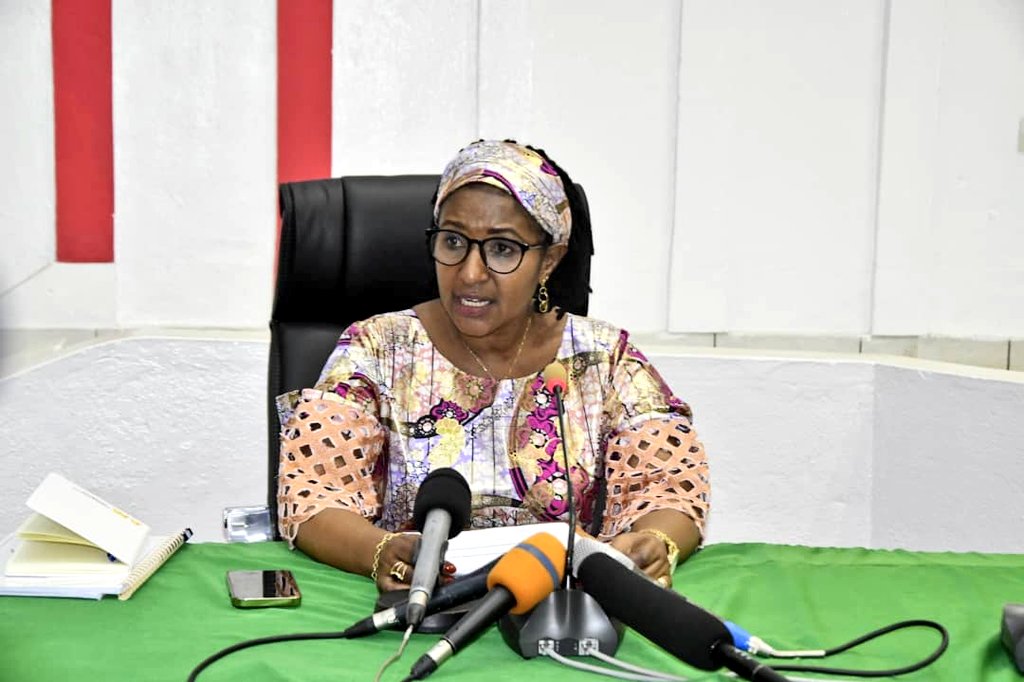
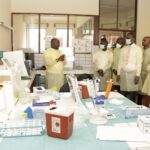

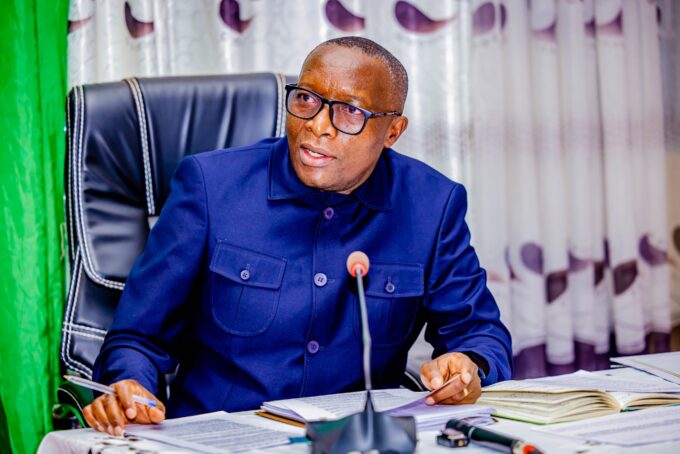
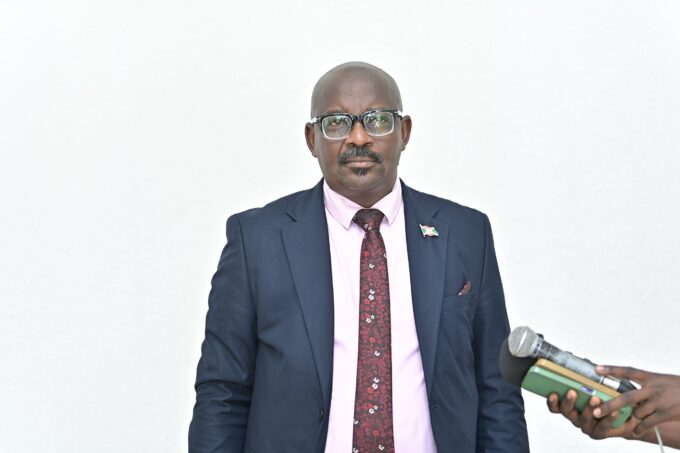
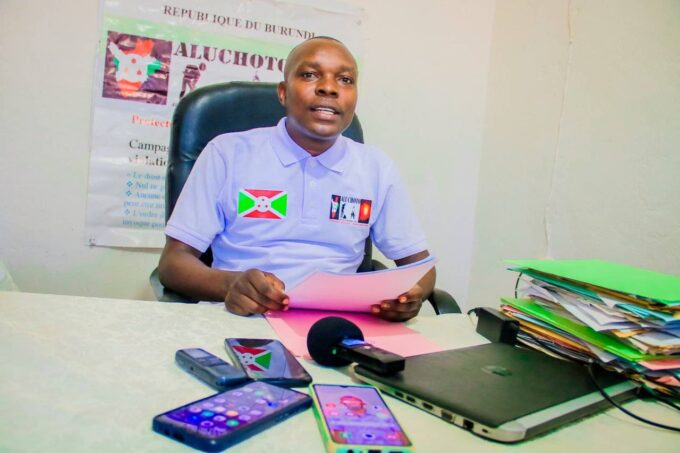
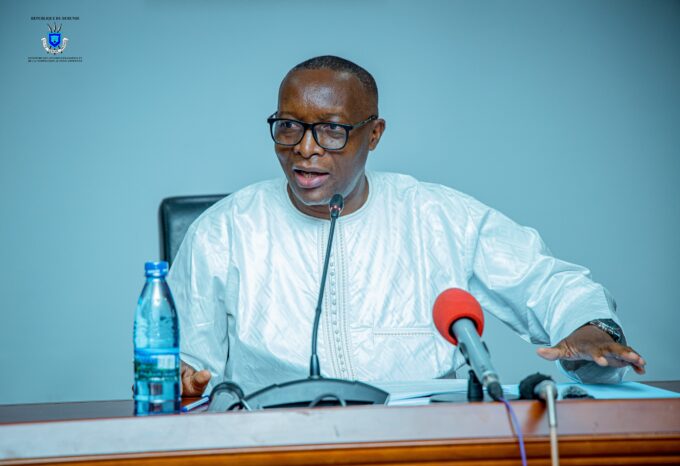
Leave a comment